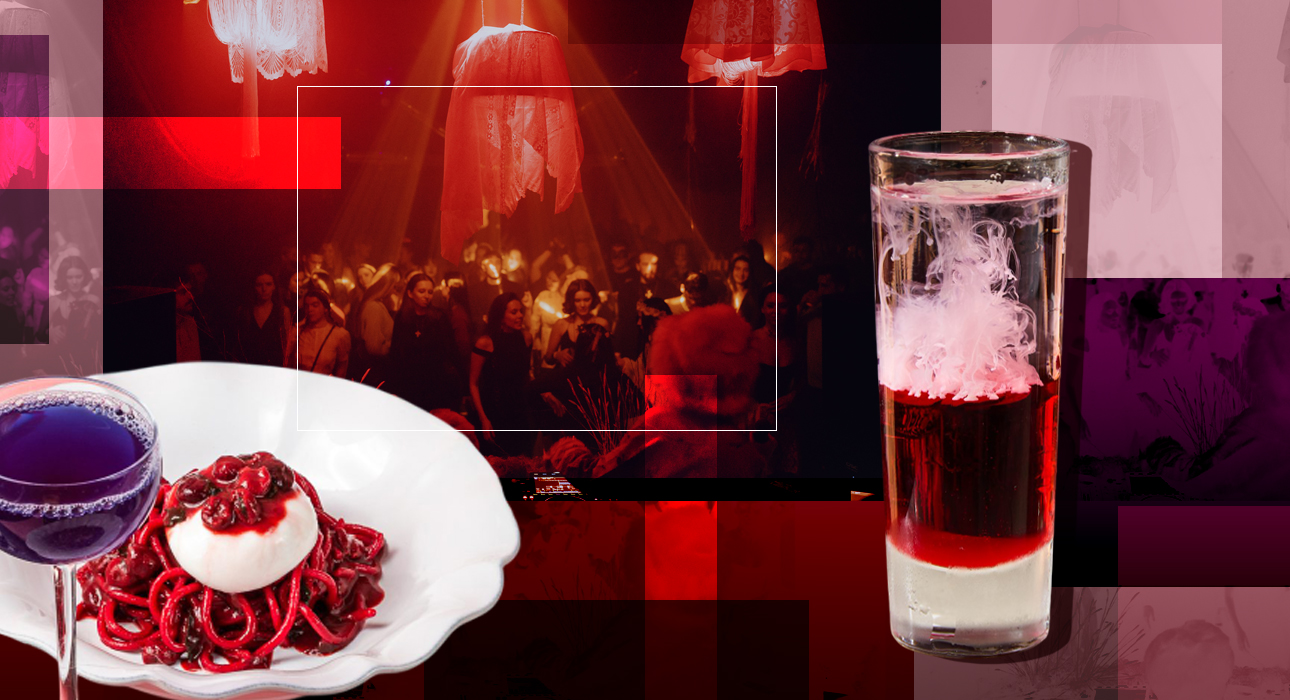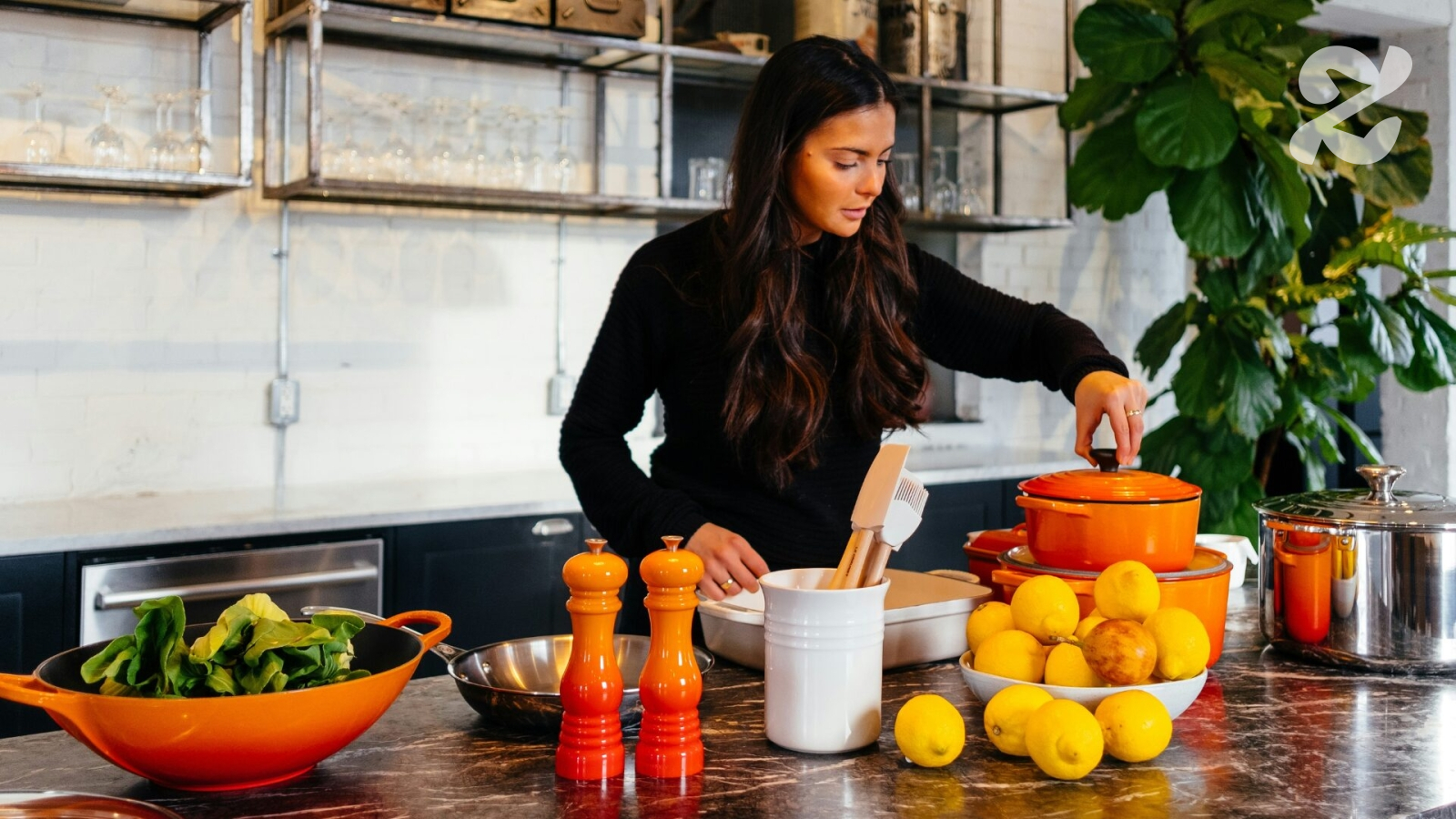35 infanticides since the beginning of 2023. This is the unofficial count of journalist and author Marie Albert on the Instagram account @infanticides_fr. But which recognized association counts them, as is done today for feminicides? Which government body? Nobody.
What is done to children
The term “infanticide” has certainly entered common language (and sometimes in the media), but the law speaks of murder with aggravating circumstances if the victim is a minor. In 2020 (only), 33 of the 47 member countries of the Council of Europe” prohibited any corporal punishment against children “. Remember, the debate about spanking caused quite a stir. The very fact that it was discussed whether it was harmful or not to hit a child was in itself sacred Red flag social.
For its part, the Independent Commission on Incest and Violence against Children (Ciivise) revealed last September that 90% of children who are victims of abuse are neither believed nor listened to, while it is estimated that every year 160,000 children victims of sexual violence. Its latest report, made public on Friday 17 November with its 82 recommendations, states that 9 out of 10 victims (89%) have developed disorders associated with psychotrauma or post-traumatic stress disorder (PTSD). This is what we do to children.
Figures that cheerfully trample on the International Convention on the Rights of the Child, which obliges signatory states to guarantee protection and care for children. As for their words… Where has it gone in the public space, in the political debate, in the institutions and in the media world? “ One resident in five is a minor, yet their right to participate is hindered and the value given to their words is more than minimal, observes Corentin Bailleul, head of advocacy at Unicef. These obstacles to rights and participation are also widely accepted by society. “.
Society in which children are little aware of their rights and where many adults are also unaware of them (or very well pretend to ignore them, for convenience).
Children’s rights in society
As the child psychiatrist and sociologist Laelia Benoit recalls in her book “Infantism”, the term is defined by the American psychoanalyst Élisabeth Young-Bruehl as “ a prejudice against children based on the belief that they belong to adults and can, or even should, be controlled, enslaved, or suppressed to meet the needs of adults “.
In this short work, the child psychiatrist invites us to reflect on children’s right to vote. In fact, it seems that, as long as they are not voters, they are not of interest to the public authorities. Note also that the latter are still often perceived “ like small animals. We tend to look at the discomfort they cause us rather than being interested in their feelings and their interiority. “.
With, in addition, this tenacious belief that the child’s education depends on the private sphere and on his parents. “ In France, for example, we still talk about “parental authority”observes Corentin Bailleul. We would prefer the word “responsibility”. Laelia Benoit also raises the issue of parental omnipotence and the loneliness and/or violence that comes with it, driving her straight to the wall. Especially since debates on education have the effect of exhausting the chestnut trees, where research provides (and has long provided) a certain number of answers.
“ Contempt for education professionals and for research in educational sciences is palpable in France, observes Laelia Benoit. We give the impression that educational methods are just a matter of opinion, but no! There have been data, studies, developments over the last century. For us, these topics immediately provoke tense reactions. »
These children talking howl in the desert »
Since changes in educational paradigms are not sufficiently explained and parents are not supported, repression becomes the most common educational mode. “ When children are young, they need models to learn to regulate their emotions. You have to give them these words, otherwise they come and just say: “I don’t want to see your emotions, it bothers me.” Today the child still remains the object of his parents. »
Emmanuelle Piet, president of the feminist collective against rape (CFCV) and doctor in maternal and child protection (PMI), shares this opinion and protests against the fact that these children who speak ” howl in the desert “. In his fight, he observes a justice system that often prioritizes the rights (in particular) of the father at the expense of the protection of the child.” I am amazed at our collective inability to not hear and listen to children. They remain the property of the parents and especially of the father. »It took a long (too) long time for a discussion to arise about the child’s status as a co-victim of domestic violence, thus demonstrating our inintelligence in recognizing his trauma.
Just as it took time for the feminist struggle, now current, to recognize that the rights of women, of gender minorities, but also children were shackled by one and the same chain: patriarchal society. The numbers prove it once again: 97% of incestors are men. Furthermore, it is not uncommon, in the context of femicides, for infanticide to also be committed. We possess and then destroy what we possess. Objects, then. There is also an area in which, strangely, the child is no longer an object. In fact, from the age of 13 he becomes criminally responsible. Police custody is possible, as is pre-trial detention.
This question of belonging, of the child as object and not subject, also resonates for the Collectif Enfantiste, born in April 2022. The verdict of Claire Bourdille, founder, is clear:
If we are still wondering, it means that this is not the case. The child as a good is rooted in our society. Even beyond parental belonging, he belongs to the institutions.
To all adults therefore, except himself. Let’s summarize (the topic is very vast): countless murders, victims of incest whose words we ignore, educational advice debated and reworked despite very clear studies, moments of dialogue and decisions from which the child is absent, not to mention the sector of child psychiatry and child protection abandoned by public authorities and access rights maintained for abusive parents… The list is endless.
Faced with this contempt, child activists and lawyers fight for one of the most basic rights of French justice: to have the right to be represented by a lawyer,” whose role is essential in defending the rights and interests of minors “. This is the creed of the recent campaign launched by the National Forensic Council (CNB).
He evokes the sociologist Bernard Lahire, in a recent interview for the OssThat ” parental protection forms the basis of all systems of domination.” He explains the harshness of this observation in his latest work: “ The fundamental structures of human societies “. Contacted, he develops his point of view:
Having highly dependent young is a very distinctive property of our species. In biology we call this “altriciality”. This refers to the fact that children remain dependent on their parents for a relatively long time. But what specifically characterizes the human species is a “secondary altruism”, which means that the period of extrauterine development is particularly long, and that consequently the parent-child dependence is very long. This biological fact has the social correlate of the fact that we depend for a long time on adults who dominate us. We are therefore socialized from the beginning into parent-child dominance relationships.
The parent-child relationship is therefore distorted from the beginning. To successfully escape from this relationship of domination and build a more egalitarian one, parents very often do not have the keys. And our public policies do not help them, because of their preoccupation with order and authority. But when are the children themselves trying? Claire Bourdille, of the Enfantiste collective, remembers this former placed child that she told her : “Trying to claim your rights when you are a child is being rebellious.” To all the adults who wish it by reading these lines: it is time to encourage the rebellion of our… no, from the children.
Do you like our articles? You’ll love our podcasts. All our series, urgently listen to here.
Source: Madmoizelle
Mary Crossley is an author at “The Fashion Vibes”. She is a seasoned journalist who is dedicated to delivering the latest news to her readers. With a keen sense of what’s important, Mary covers a wide range of topics, from politics to lifestyle and everything in between.





